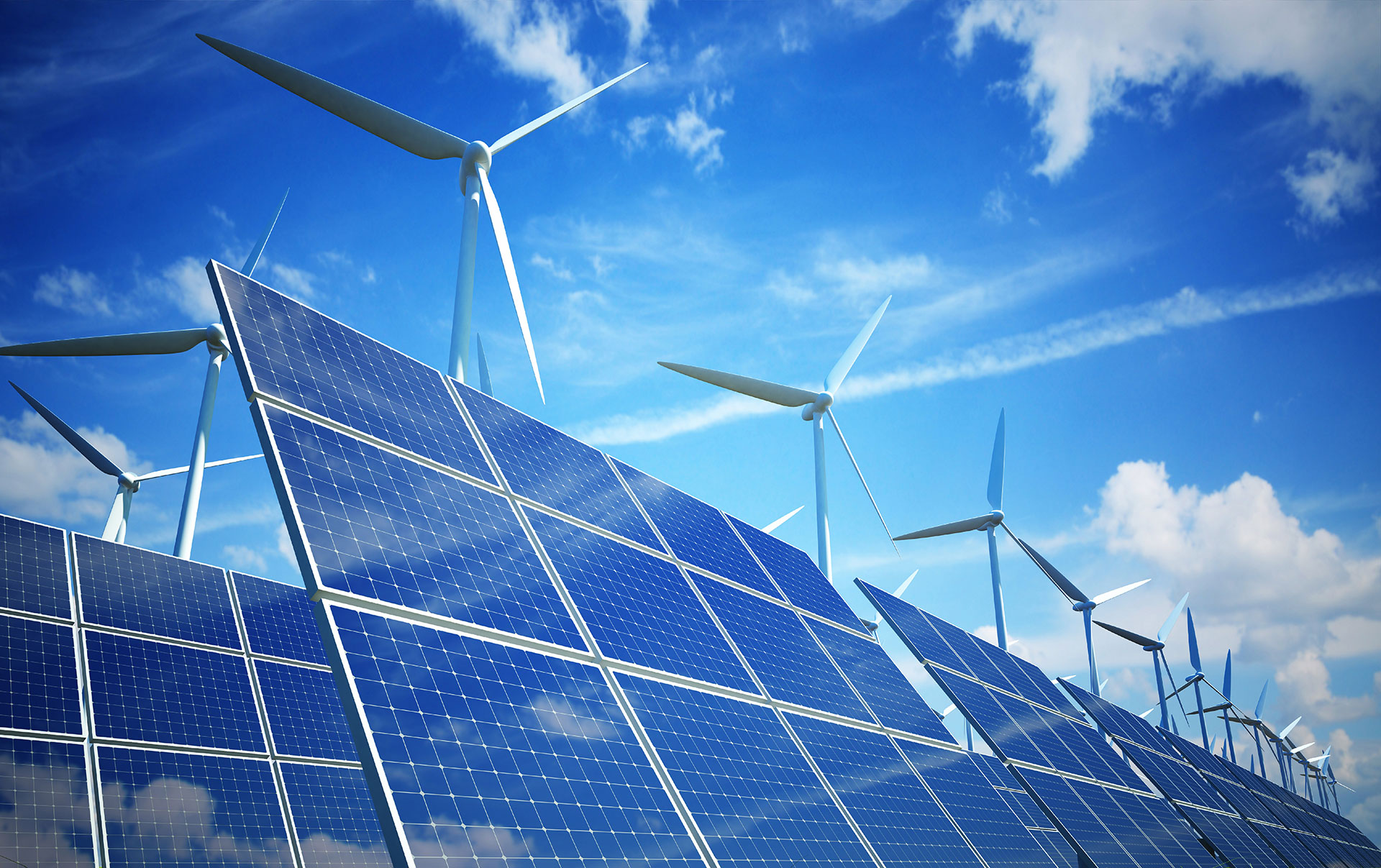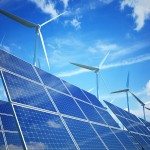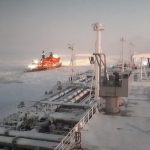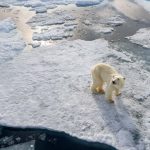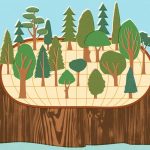The Polo Hemp Mill in Illinois began operation on November 20, 1943. At that time there were more than 3,200 hemp growers in the state.
Educational materials and propaganda videos such as “Victory for Hemp” were sponsored by the U.S. government, assuring cultivation would be backed by our military and economy.
Considering this happened 74 years ago this fall, we see the same struggles in the present-day relationship between farmers and industrial hemp in Illinois. This time around, a massive effort is required to establish sustainability and resilience within our agricultural system and the next economy, not the war effort.
Once again, farmers need assurance that hemp is a viable crop for their rotation and that hemp will not only benefit their pocketbooks as a fiber crop, but also is a powerful ally in environmental restoration.
Requiring little water and no fertilizers or pesticides to grow, hemp thrives in marginal soil. It removes chemicals that seep into waterways. It can replace paper products, reducing deforestation that encroaches on fragile ecosystems. And that’s just a start.
The market for hemp products is vast and growing rapidly. It includes durable textiles; strong, ecofriendly building materials; natural cosmetics; petroleum free bio-plastics and biofuels; beneficial, non-psychoactive medicines; and nutrient dense foods.
As a first-generation farmer, and a woman, I am so thrilled to have a future in hemp on my horizon. My devotion to this plant stems from a realization that regenerative agriculture is my only path to an honest living.
I’m Rachel Berry, and that’s my perspective.
http://northernpublicradio.org/post/hemp-offers-benefits-future
 The world’s seabirds don’t just live off the land, they also nourish it: their excrement delivers 591,000 tons of nitrogen and 99,000 tons of phosphorus to feed plant communities in the soil and the water.
The world’s seabirds don’t just live off the land, they also nourish it: their excrement delivers 591,000 tons of nitrogen and 99,000 tons of phosphorus to feed plant communities in the soil and the water.